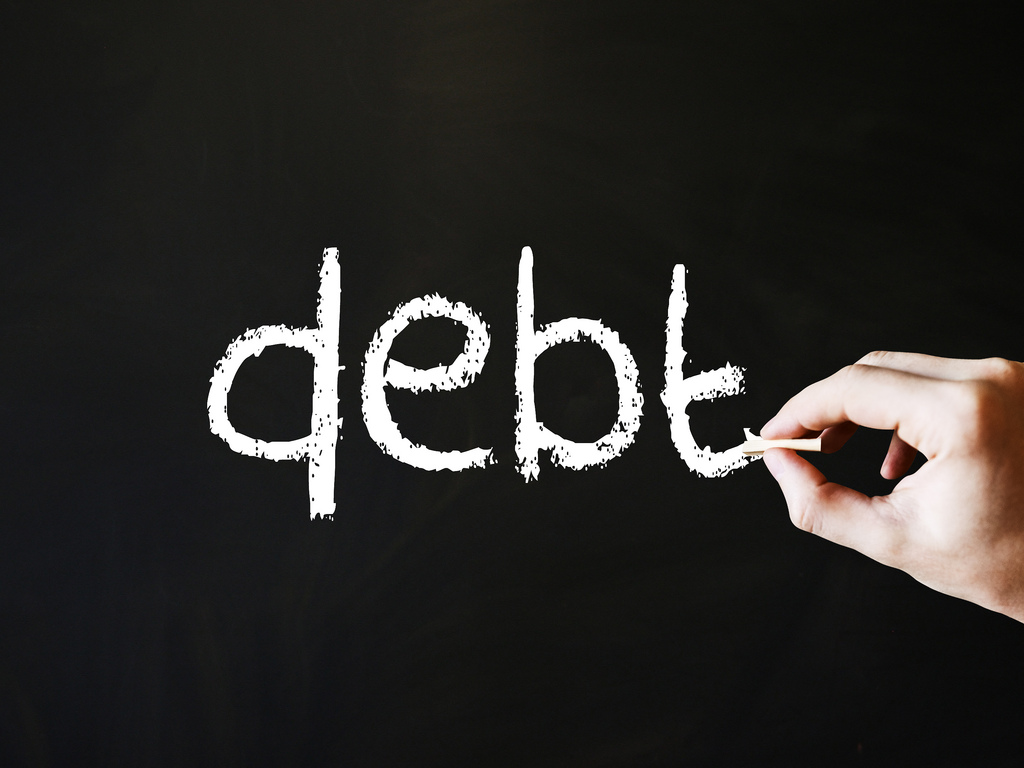Wage garnishment is the process of deducting money from the employee’s salary in order to pay off a debt. Commonly regarded as a last resort method, wage garnishment can take many forms (i.e. child support, defaulted student loans, taxes or unpaid Court costs) depending on the nature of the debt.
This article will teach you the basic mechanics behind wage garnishment and what steps you will need to take to avoid it. Remember that all tips presented in this article are proactive in nature. This means that they can be applied before wage garnishment takes place.
When Does Wage Garnishment Apply?
Wage garnishment is considered to be the consumer’s worst nightmare, since this procedure is considered a last resort solution of a creditor to collect a debt.
According to the Revised Code of Washington, Title 6, Chapter 6.27, which regulates bank and state garnishments, a creditor is allowed to garnish (withhold) a part of the wages in an attempt to reclaim an owned debt.
Wage Garnishment Rates
In compliance with the same document, the creditor may withhold 25 percent of the person’s disposable earnings or 30 times the Federal minimum wage. As we’ve mentioned before, wage garnishment is a last resort solution to collect an unpaid debt.
Before such an action is taken, you will receive past due statements and late notices from your creditor. Note that each delayed payment and, in turn, each past due statement received, will decrease your credit score and your creditworthiness.
In case the client does not comply with these written warnings, the creditor will have no choice but to file a wage garnishment case against the debtor in fault. As a result of this action, the state will garnish the debtor’s bank account in an attempt to repay the debt.
Naturally, this is an undesired situation, and we will show you the necessary steps to take it order to avoid it.
Tips on How to Avoid Wage Garnishment

The golden rule of avoiding wage garnishment is always to be financially aware. What is financial awareness? It always means to know what’s going on, financial-wise. Obviously, this includes paying your bills on time, making sure that you keep a good credit score, and figuring out if you’ll be able or not to pay a credit.
However, if you find yourself in such a situation, you will need to be aware of some facts. Here are some of the most important aspects that can help you overcome your wage garnishment.
Stay in touch with your payroll department
In many cases, the debtors are unaware of the fact that their wages have been garnished. Constantly keeping in touch with your payroll department will decrease the odds of finding yourself in such a situation.
However, should this type of action be taken against you, the best way to find more details about the reason behind the wage garnishment is to inquire at your payroll department. They will be able to supply you with documents and to advise you in regards to the steps you will need to take.
Always pay your debts on time.
Remember that paying your debts on time is a surefire way to prevent a wage garnishment. Furthermore, please also keep in mind that the way you handle your financial situation determines the so-called creditworthiness. More explicitly, this factor will show your future creditors that you have the means to pay your debts on time.
This goes without saying that the higher your credit score, the easier it is to receive a credit for your needs.
Get a Legal Advisor
After the wage garnishment has been decreed by the court, you will need to solicit the help of an attorney. Your lawyer will advise about what steps to take and what documents must be filed with the court to stop the garnishment.

But, before the wage garnishment is instated, you may ask the help of a professional financial advisor. Most financial consultants will be able to tell you exactly what to do in order to avoid facing this situation.
Know the different types of garnishing.
There are two major types of garnishments:
- Wage garnishments – after the court has ruled out that you are currently employed and have gained sufficient funds then they will be garnished.
- Nonwage garnishments – it happens when the court will garnish funds in the debtor’s bank account.
Whatever the case maybe, after the court rules out in favor of your creditor, it will automatically dispose of that your bank account or payroll be garnished until the debt is paid in full.
Get acquainted with your state’s law
The laws that govern the action of garnishing is different from state to state. For instance, there are some states in which this action cannot be mounted against a person who has amassed a considerable debt, such as Pennsylvania, Texas, South Carolina, and North Carolina.
It is always a good idea to review the wage garnishment provisions to see if your debtor can mount such a action against if you are unable to honor the contract. You will find here the unabridged list of provisions regarding wage garnishment.
The best defense is a good payment plan
We are again compelled to mention that a wage garnishment is a last resort debt-collection solution. It is presented when all other methods of communication have failed. Before such a action is enforced, you will be officially notified both by the court and your creditor.
The easiest way to avoid this situation is to create a repayment plan. However, do keep in mind that any repayment plan can work to your advantage or to disadvantage, as well.
This new repayment plan can help you keep your end of your deal, thus sparing your creditor of having to mount a action against you, but it can also render you unable actually to pay off your debts. Whatever the case maybe, you should always ask yourself the question: “Will I be able to pay off my debts given these conditions?”.
More Tips on How to Avoid Wage Garnishment
Here are a couple of more hints on how you can avoid this type of action:
- Think about postponing the use of credit. The mechanics behind how the creditors offer credit is simple. They use the so-called debt-to-income ratio. If this ratio is low (below 36%), then they will be more willing to give you a loan. This means that you can repay it. On the other hand, if this ratio exceeds 50% , then your creditor will need to come up with additional means of collecting this debt.
- Negotiate with your creditor. It is generally a good idea to always keep in touch with your credit lender, but in this circumstance, an open conversation can sweeten the proverbial pot. If you’re unable to cope with your payment plan, you can ask your lender to lower your monthly interest rate. You can also ask your creditor to extend the payment period.
- Consider alternatives. If you are unable to pay off your current debt you should consider contracting a consolidation credit. This loan will help you pay off all your existing debts, and change the rules of engagement in the process.Thus, you still owe someone money, but your new loan might have a lower interest rate or extended payment plans.
- Attempt to settle the debt in other ways. Another way to avoid wage garnishment is to attempt to convince your lender to pay less than the amount owned. For this method to work, you must fulfill a couple of conditions:
- You must be way behind on your monthly payments;
- Prove that you do not possess the means to repay the loan according to the current repayment plan.
- Declare bankruptcy if you own a company.
- Make a lump or whole payment instead of forwarding a new payment plan.
Conclusion
You ca usually avoid by applying common sense measures, like financial awareness. However, if the situation will prove to be unavoidable, you should try one or more of the tips listed above.
In addition, the most important aspect of avoiding wage garnishment is to always stay in touch with your creditor.
Finally, by constantly keeping tabs and comparing what you gain to what you have to give way, you will have efficiently built yourself a safeguard against wage garnishment.
Leave a Reply